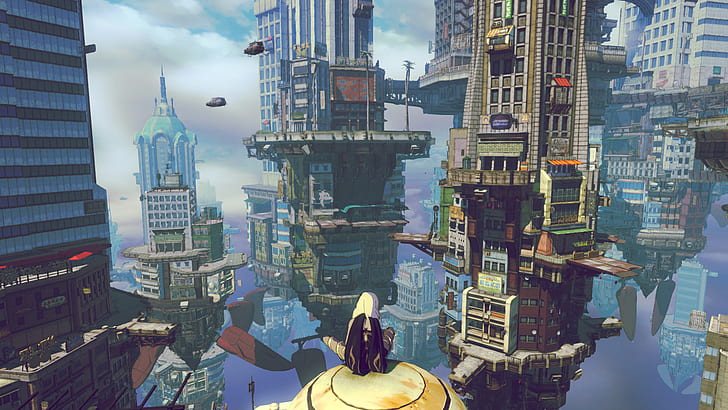I really hate this terminology. "Triple-A" is basically a way to describe major studio's first-party games, nothing more, and this attempt at inventing some kind of a rating system for video game budgets is vague and reductive, and individual people often misuse it in very infuriating ways.
Nah; the way I've come to learn of it, AAA denotes games of very large budgets and production value/scale. GTA5 and RDR2 are easily AAA games, but don't come from any of the first-party teams at Sony, Nintendo, or Microsoft.
I mean most games don't have the $200 million budgets of a Horizon Forbidden West or Starfield. Even among some AAA game, budgets of that size aren't common. A game like It Takes Two, I'd say, is like an upper-tier AA game. To me AA are games with budgets that can range between $10 million - $50 million, or basically the budgets upper-tier AAA games in 7th gen had. Games like It Takes Two, Plague Tale: Requiem, Kena etc. fit to the higher end of that, but I'm just speculating on that front.
What makes a game aaa again? Wouldn’t those sports games count? They are expensive to make.
Technically yes, the costs would. Though in the case of the sports games, I think a lot of their costs are due to the licensing fees involved. Otherwise those games are basically just roster updates, and their engines rarely change. There may be a few stat tweaks here and there or even a new mode every now and then, but aside licensing fees for the teams and likenesses, or the OSTs, the budgets for the sports games likely isn't very big.
OTOH, a game like HFW, or GTA5, or RDR2 or Cyberpunk etc. would be a lot bigger because even if they're using pre-existing engines, the nature of those games is inherently much more creative. So, lots of additional money has to be spend on script writers, voice actors, mo-cap actors & actresses, location trips (for image scanning and data collection), music production, sound effects, character artists, environment artists, 3D modelers for all the assets, etc.





